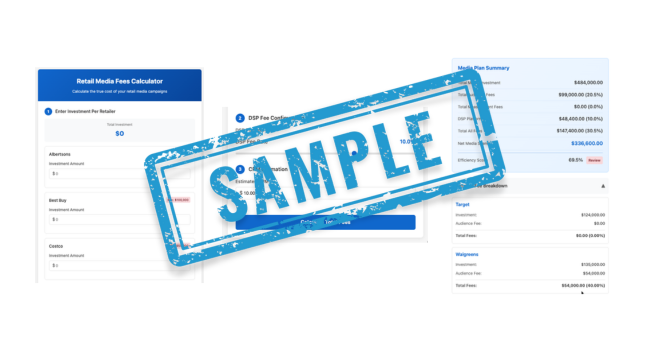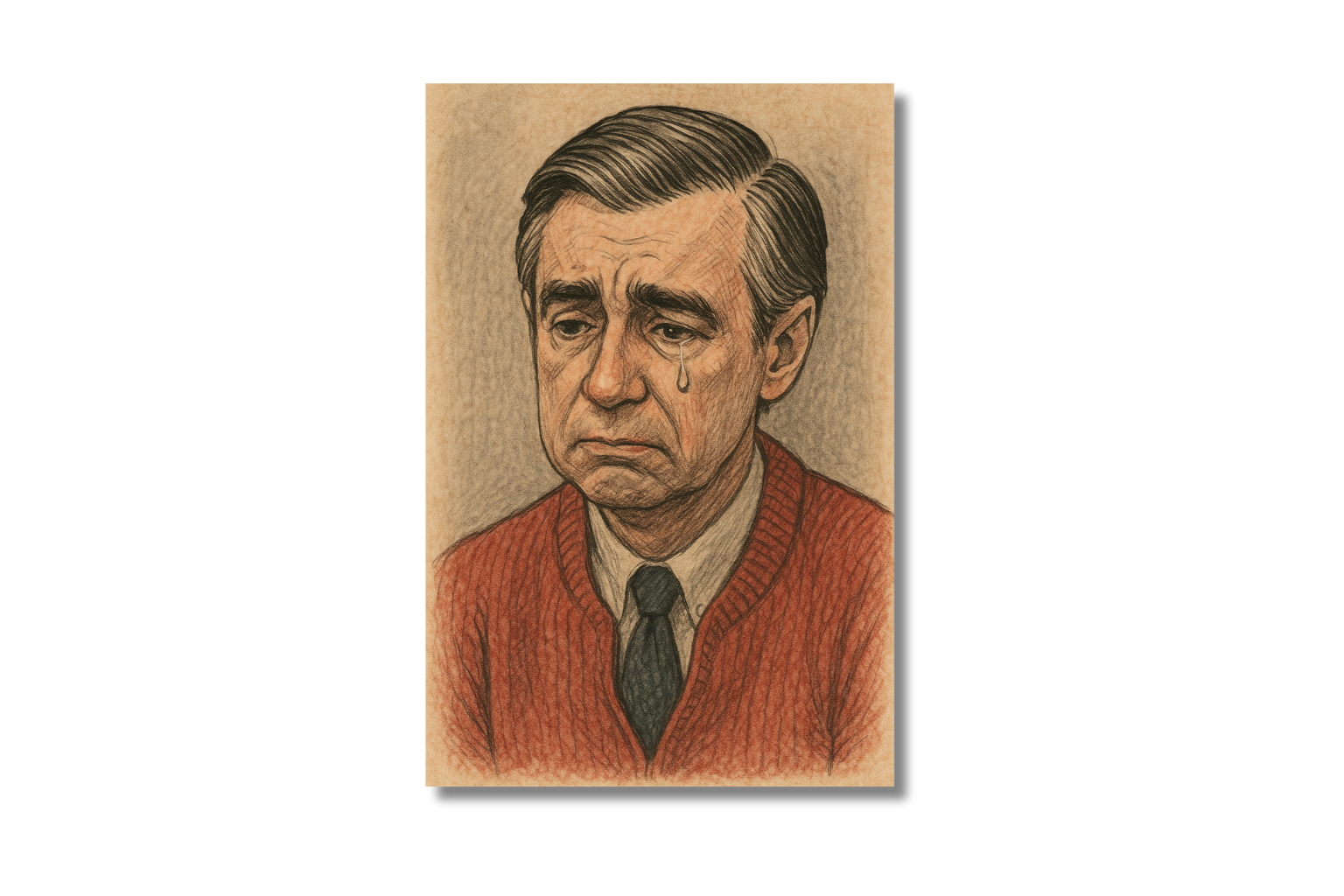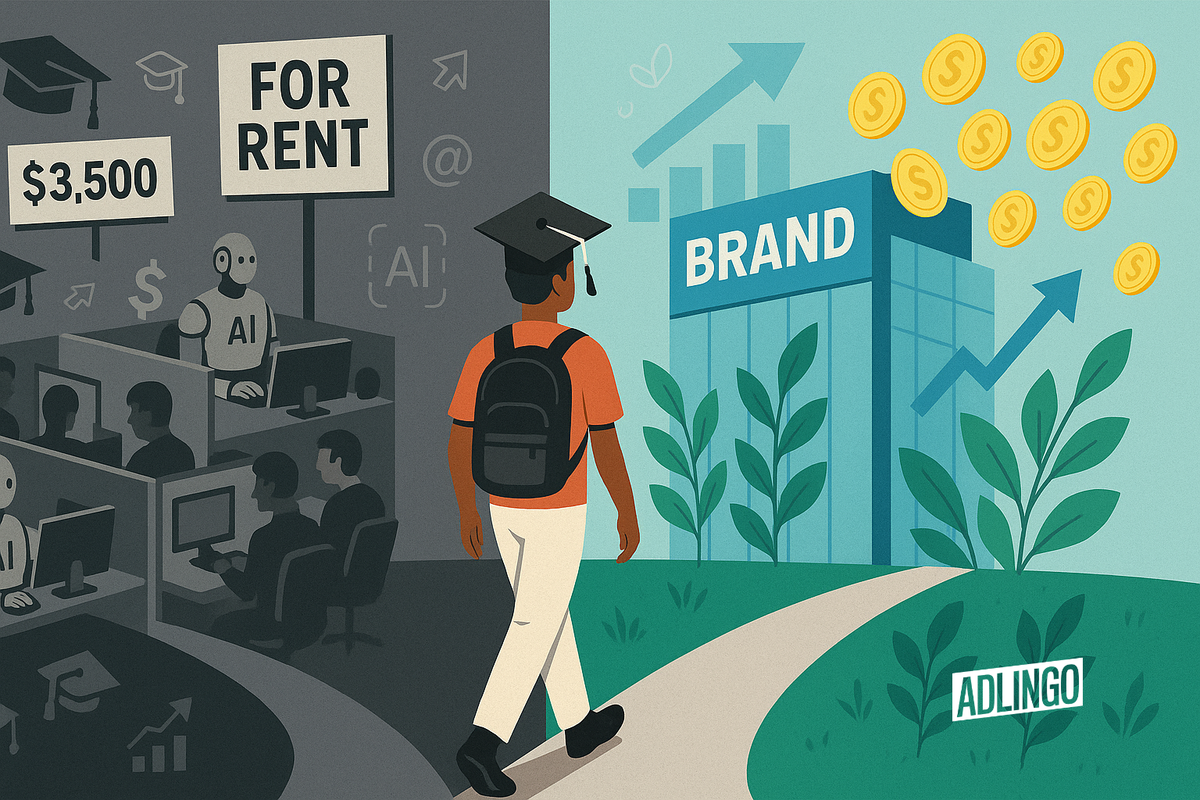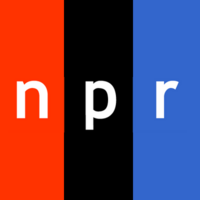Your kids learned to count from The Count. They learned empathy from Mr. Rogers. They learned that curiosity matters from Big Bird asking the questions every five-year-old wants answered.
And now we, in the commercially privileged media, are going to let it disappear on our watch? We're going to let a politically motivated cancer destroy an institution that represents the best of our industry?
Executives at small stations, especially those that serve rural or tribal audiences, warn they could be devastated or even knocked off the air when aid from Washington fails to arrive. CPB told employees that the majority of staff positions will be eliminated on September 30, 2025.
This is happening. Right now. While you're reading this. Collectively, we have the resources to stop it.
The gold standard we aspire to
Most of us in commercial media have that one NPR show they secretly wish they worked on. Maybe it's Planet Money making economics feel like gossip. Maybe it's This American Life turning ordinary stories into art. Maybe it's Fresh Air, where Terry Gross somehow gets celebrities to forget they're being interviewed.
We benchmark ourselves against public media constantly, without even knowing it.
Every podcast pitch deck has a slide that says "like Serial, but for [insert topic]."
I started my career at CBS Radio, managing digital for local news and music properties. Most of my colleagues didn't train at public stations but we all aspired to create something as consequential as what was happening at WNYC down the street and stations around the country.
It mattered.

Your favorite filmmakers started here
ITVS has partnered with hundreds of independent filmmakers to co-produce more than 900 feature documentaries distributed to PBS stations nationwide.
Nine hundred documentaries that exist because someone thought the story mattered more than the market opportunity. Those filmmakers went on to create the prestige content every streaming platform is now desperately trying to own.
Netflix throws hundreds of millions at documentary content. But they're buying talent that PBS developed when nobody else would fund a documentary about jazz or national parks or the Vietnam War.
The CPB is already gone
The Corporation for Public Broadcasting is dead. The federal funding mechanism that sustained public media for 58 years has been eliminated.
That battle is over. We lost.
So now what? We become the bridge. Every local station needs direct support to survive until we figure out what comes next. Maybe that's a new funding model in 2029 when the political winds shift. Maybe it's permanent patron support from the commercial sector. Maybe it's something we haven't invented yet.
But for the next 3.5 years minimum, these stations need us to be their life support. Not through some centralized system that can be killed with a single vote, but through direct, sustained, station-by-station support that can't be touched by political tantrums.
We don't need government permission to keep public media alive. We just need to give a damn.
It is not that much money
Our industry burns through more cash on failed streaming services in a quarter than public media needs to survive for a year. We spend more on catered lunches than rural PBS stations spend on salaries.
66% of Americans support federal funding for public radio. The public wants this. But the funding just got pulled, and we're sitting here with our industry's billions acting like there's nothing we can do?
I watched WCBS-AM die a couple of months ago, a station I once worked for. It was once the most successful radio station in America. Gone. But that died because the economics stopped working. Public media is dying while the audience still wants it and watches it.
All the good
You've never met anyone who says "PBS ruined my childhood" or "NPR made me dumber." These institutions made us better. Smarter. More curious. More empathetic.
They did it by trusting that audiences are smart and that quality matters.
Now they need us. Are we really going to leave them hanging?

Do something. Today.
Open these links right now:
Personal action:
- Find your local NPR station and donate. Monthly. Set it and forget it.
- Support your local PBS station. Yes, buy the streaming subscription for your kids.
- Old car? Donate it. Tax deduction for you, lifeline for them.
- Join Protect My Public Media. Takes 30 seconds.
- Get your company to become an underwriter.
If you or your company have real money:
- Fund entire stations. Seriously. For what you spend on your programmatic tech stack, you could keep a rural station alive for years.
- Create emergency funds for stations in crisis
- Buy major underwriting packages and make it your company's cause
September 30, 2025
That's the date. The majority of staff positions will be eliminated with the close of the fiscal year on September 30, 2025.
After that, the infrastructure starts disappearing. The transmitters go dark. The expertise evaporates. You can't just restart this stuff once it's gone. The institutional knowledge, the community trust, the technical infrastructure.
We have weeks to act. Not months. Not quarters. Weeks.
I spent years at CBS Radio watching local news die the slow death of budget cuts and consolidation. This is different. This is execution by political spite while the audience watches.
Public media is the best of what American media can be. It's the proof that media can inform, educate, and inspire without treating audiences like data points to be monetized.
Write the check. Make the call. Do something.
If we let this institution get gutted on our watch, we don't get to complain about the state of media ever again. We had the chance to save the best of it, and we chose not to.
Federal funding for public media has been clawed back. Your direct financial support now is more critical than it has ever been.
You can help keep journalists on the ground. You can amplify powerful stories, lift up voices too often ignored, connect people through music and bring joy to lives nationwide.
Please make your gift today—not just for yourself, but for the millions who benefit from this trusted public service.
Our reach is wide and deep. Over the course of a year, 58% of all U.S. television households—over 130 million people—watch PBS. And thanks to our loyal viewership, we’ve ranked as America’s No. 1 most trusted media institution for 20 years running.
“By aiming to unite, not to divide, public television might be what saves us yet.”
– Margaret Renkl, The New York Times










